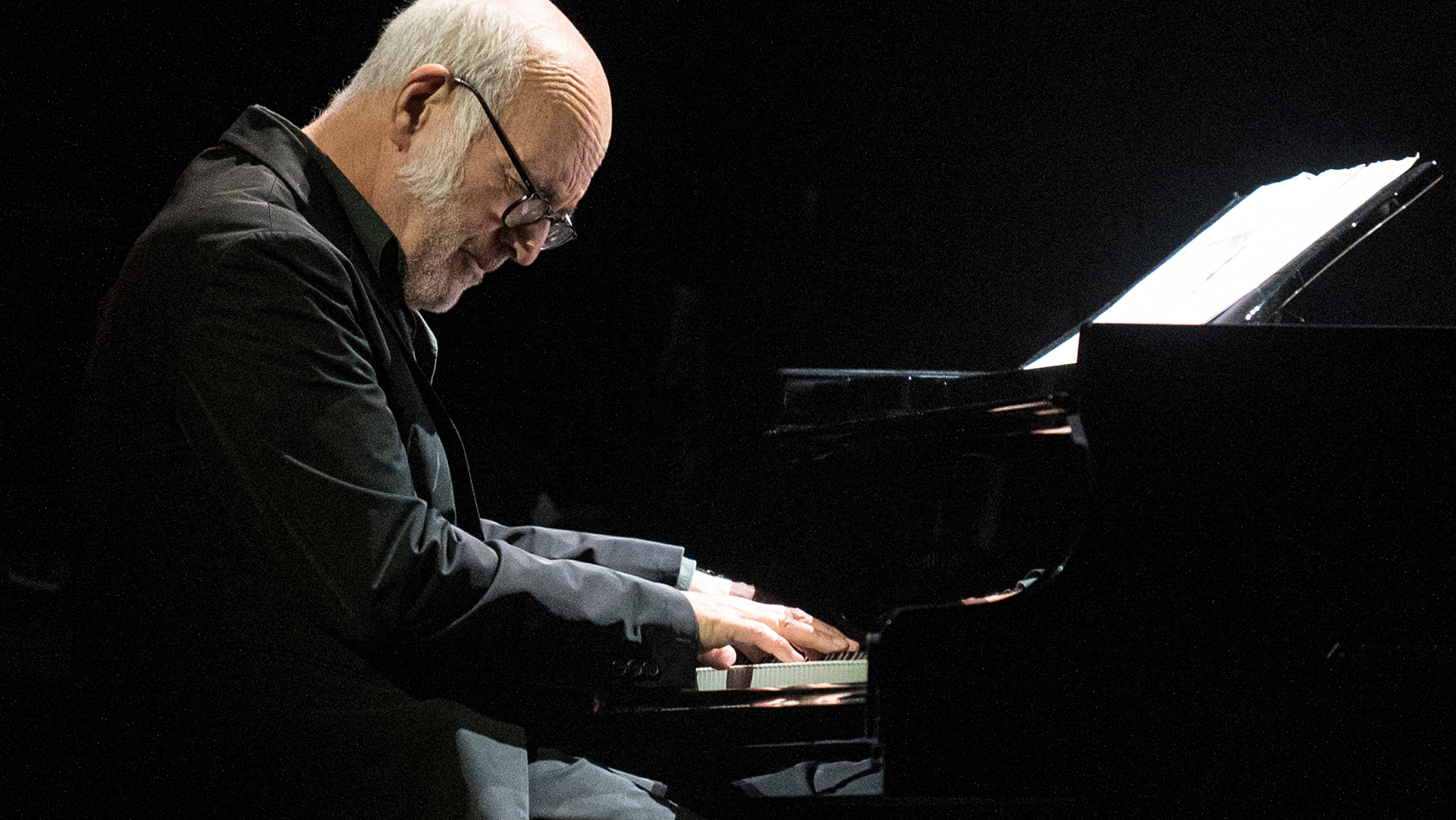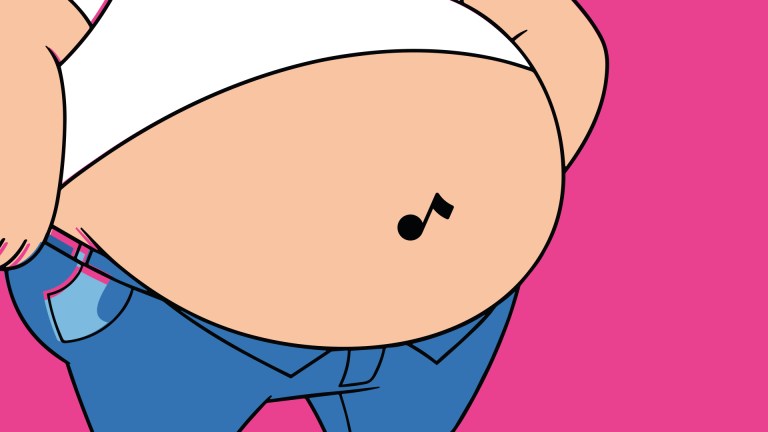Train delays, work issues – life – had made a group of now-disgruntled people late for Ludovico Einaudi’s performance at Royal Albert Hall. During the Proms – held at the same London venue – latecomers are only permitted entry in between pieces, which potentially means missing most of the first half. Good job that this wasn’t like that. Except, it was: a solo piano show at a 5,272-seater venue needs a silent audience (even when the piano is significantly amplified) and so, along with a dozen others outside Door Six, I tried not to be cross at those coming and going freely from their boxes and instead watched the grainy relay on screen.
As the pianist’s simple and mesmeric melodies wafted over us, the person who had been berating their partner for insisting on going to the bar – and thus missing entry – finally softened. Another sat cross-legged on the floor, eyes closed. Hands intertwined. When the first round of applause rippled around the hall, we crept into the darkness, eyes transfixed on the piano on stage, mundanity forgotten.
This is the appeal of Ludovico Einaudi’s music – it has a meditative quality that, for many people, acts as a balm to the daily grind. Reading YouTube comments (not ordinarily an activity to be encouraged) reveals the impact that the Italian pianist-composer’s music has on listeners. Some thank him for helping them concentrate on a college assignment. Others thank him for saving their life.
Any artist who can provide such comfort should be celebrated, and yet – or perhaps because of – his huge success, Einaudi is rejected by many critics. For him, classical music is Door Six, and it’s not opening any time soon. Despite the odd comment (Einaudi recently told the Telegraph that “I have one kind of reaction from audiences, friends and musicians who come to my concerts… but these critics, they never even try to understand what I am doing”), the pianist continues.
His music is currently streamed over a million times a day, according to the Official Charts, and has inspired people not only to listen but to play – Einaudi albums (including his latest, Underwater, which became the fastest-streamed classical album of all time on its January 2022 release) are available as sheet music.
Einaudi has much in common with his compatriot Luciano Pavarotti, whose dalliances with light music delighted fans and bemused critics. Pavarotti’s spirit was channelled by David Webb over at Surrey’s Grange Park Opera, where the tenor sang a Nessun Dorma parody as part of Gods of the Game. Commissioned by Sky Arts to coincide with the upcoming World Cup, the new opera follows footballers (and childhood friends) Viko (played by Michel de Souza) and Eva (Milly Forrest) in the run-up to the 2030 World Cup, as the pair battle corruption on and off the pitch. With intrigue, theatre, and divas galore (Wagatha Christie trial staging, anyone?), football is a perfect topic for an opera.









